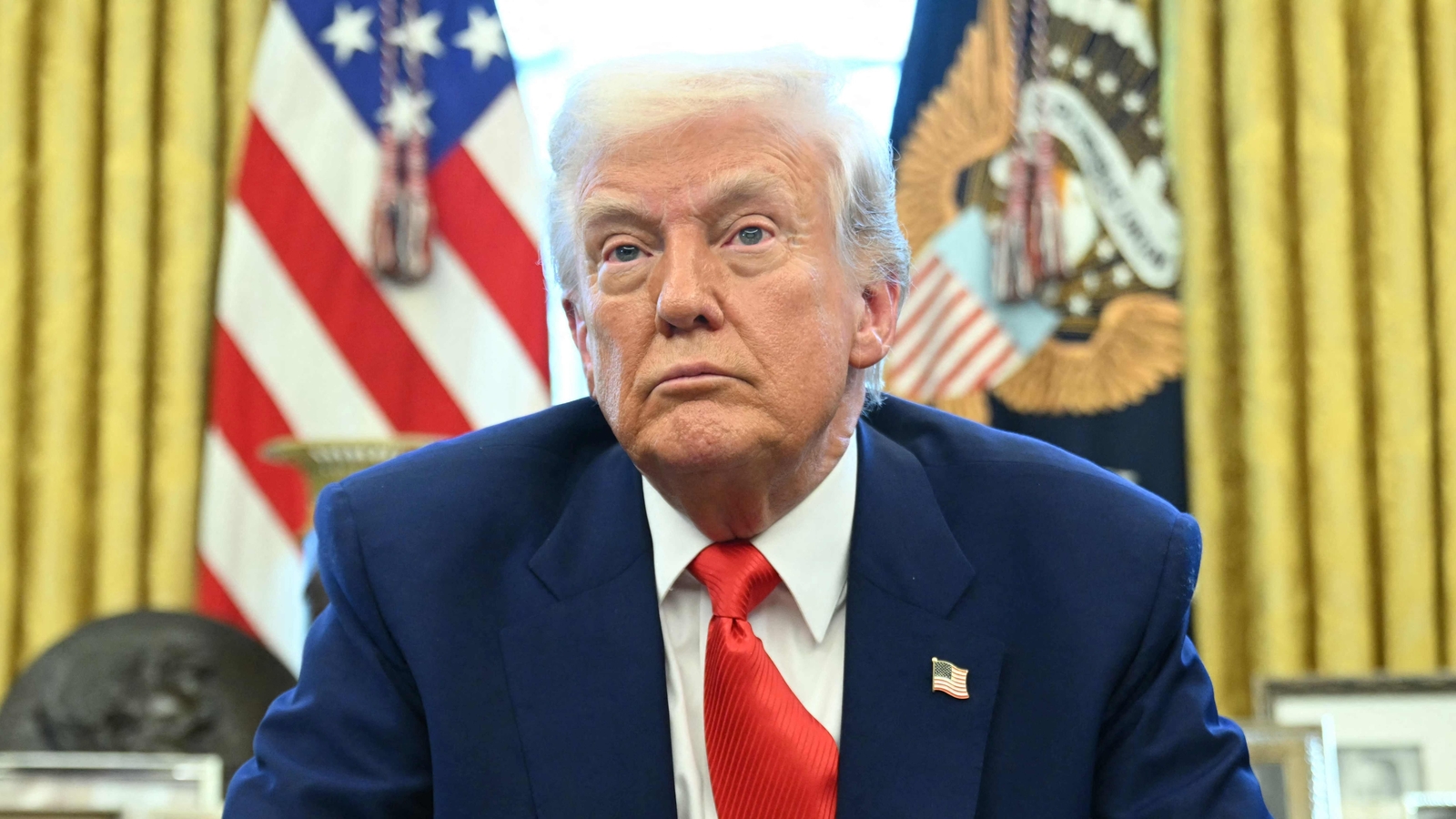US Tourism Slumps: Trump Effect?
International International NewsPosted by AI on 2025-04-19 22:55:45 | Last Updated by AI on 2026-02-05 15:11:42
Share: Facebook | Twitter | Whatsapp | Linkedin Visits: 20

International arrivals to the United States have experienced a notable decline since the beginning of the Trump administration, raising questions about the potential impact of the President's policies on tourism. While pinpointing a single cause for complex economic trends is difficult, the correlation between the shift in travel patterns and the implementation of new policies warrants a closer look.
The travel industry, a significant contributor to the US economy, has expressed concerns about the perceived "Trump effect" on tourism. Several factors may be contributing to this downturn. One prominent factor is the administration's stricter immigration policies and increased vetting procedures, which some argue have created a perception of the US as less welcoming to international visitors. Reports of increased scrutiny at airports and heightened security measures have contributed to concerns about longer wait times and potential difficulties entering the country. This perception, whether accurate or not, could deter potential tourists, particularly those from countries subject to stricter travel restrictions.
Another potential contributor is the rhetoric surrounding the Trump administration's "America First" policy. While intended to prioritize domestic interests, some analysts believe this messaging may be inadvertently alienating international visitors. The emphasis on nationalism and stricter border controls could be interpreted as a message of exclusion, discouraging travelers from choosing the US as their destination. Furthermore, the travel ban initially implemented in 2017, targeting several Muslim-majority countries, sparked widespread controversy and protests globally, potentially contributing to a negative perception of the US among international travelers.
However, it's crucial to acknowledge that attributing the decline solely to the Trump administration's policies is an oversimplification. Other factors, such as the fluctuating global economy, currency exchange rates, and increased competition from other tourist destinations, also play a role. The rise of emerging economies and the increasing affordability of travel to other regions have presented travelers with more options, potentially diverting some tourism away from the US. Additionally, global events and security concerns can influence travel patterns, making it challenging to isolate the impact of any single factor.
While the exact cause of the decline in US tourism remains a subject of ongoing debate and research, the trend raises significant questions about the interplay of politics, policy, and economics. Understanding the complex factors influencing travel decisions is crucial for developing effective strategies to maintain and grow the US tourism industry, a vital component of the nation's economic health. The long-term consequences of this downward trend, coupled with the ongoing evolution of global politics and travel patterns, warrant continued observation and analysis. The future of US tourism remains uncertain, requiring stakeholders to adapt to the evolving landscape and address the multifaceted challenges impacting this important sector.
Search
Categories
Recent News
- Manipur's New Government: A Swift Assembly Session
- Adani's Smart Meter Milestone: Powering India's Digital Energy Revolution
- Sabarimala Heist: Key Suspect Walks Free, Justice Delayed
- Supreme Court Orders West Bengal to Resolve Pending Dearness Allowance Dispute
- Justice Delayed: Elderly Man Finally Acquitted After Decades of Legal Battle
- Bengaluru's Power Outage: A Planned Disruption
- iPhone Users' Wi-Fi Woes: iOS 26.2.1 Update Backfires
- Nellore Rallies for Cancer Awareness on World Cancer Day
Popular News
- Navigating IPO Market Dynamics Amid Volatility and Regulatory Changes
- Massive Worldwide Microsoft Outage Disrupts Multiple Sectors
- Panjapur Bus Stand to Reshape TNSTC Routes
- తెలుగుదేశం పార్టీ - పేదరికాన్ని నిర్మూలించడంలో వాగ్దానం
- Universities Embrace Remote Learning Technologies Amidst Ongoing Pandemic